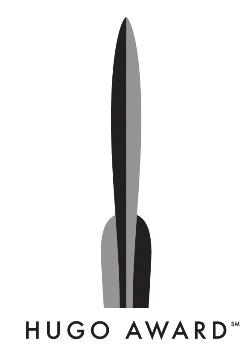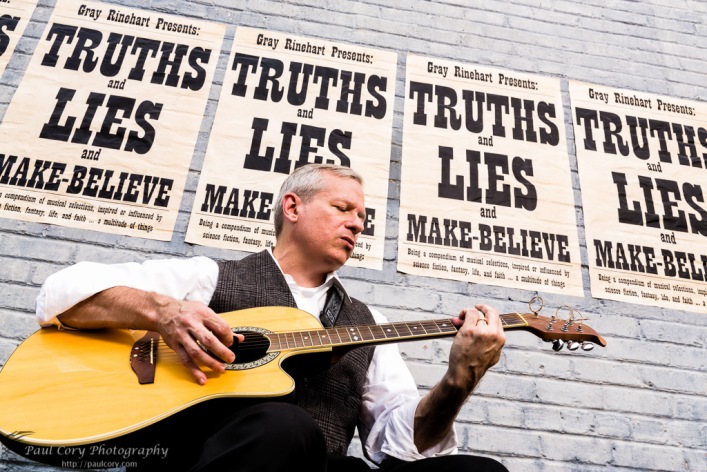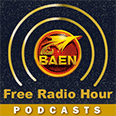Maybe it’s the flu talking, but once again I’m thinking about whether I’d like to run for office. (Seriously.) (Okay, sort-of seriously.)

(“Hope is a belief in a positive outcome…,” by Vince Alongi, on Flickr under Creative Commons.)
It would be interesting to see if my unconventional approach to politics — from the Anti-Campaign to my political anthem — would generate any interest in an actual election. To get on the primary ballot, I’d have to sign up and pay money before the end of February.
The filing fee is one percent of the annual salary of whatever office you seek, so I would need to decide whether I should try to serve at the local level or the state level or the national level. From my time in the USAF, and especially my work on the Air Staff, I’m most familiar with how things work at the national level. And, as proof of my arrogance and megalomania, I think I would be as fine a member of Congress as anyone. On the other hand, all politics is local and serving at the local level would have its own set of challenges and rewards. And it would cost a lot less to file.
Of course, if I did file, I’d have to actually campaign — and that takes time and money, too, neither of which I have in abundance. Which is why I wrote,
I’d like to run for Congress, and play the political game
But I don’t have very much money, to wage a big campaign
I’m okay with giving speeches and debating might be fun
If I took myself more seriously, then I might really run
So the driving factor in whether I should file and run for office has to be whether anybody wants me to — and wants it enough to help organize, fund, and execute a campaign.
What about it, local folks? Any interest in working on a political campaign?














